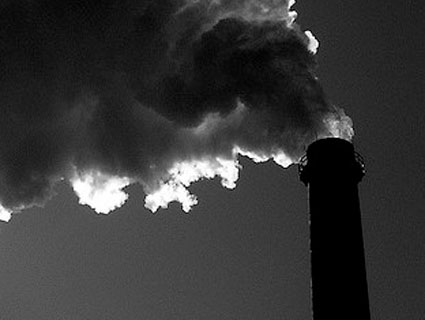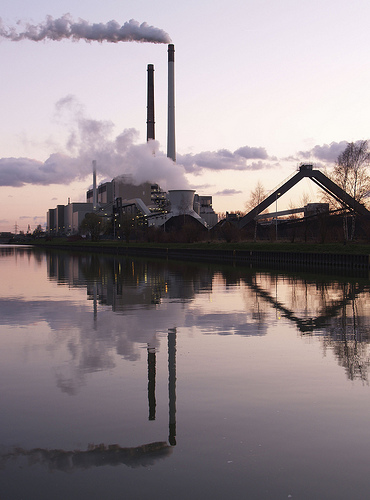Tension is running high in both chambers of Congress. “It’s a sad day,” said Rep. Christopher Murphy (D-Conn.) on the House floor, where Congressional representatives are sparring over the future role of the Environmental Protection Agency. As we’ve reported previously, Rep. Fred Upton (R-Mich.) and Rep. Ed Whitfield (R-Kent.) introduced H.R. 910 as an effort to reverse the EPA’s ability to regulate greenhouse gas emissions under the Clean Air Act. Now, all is coming to a head.
The main thrust of the bill is that Congress, not the EPA, should have the authority to regulate greenhouse gases under the Clean Air Act, but the debate is heating up as Republicans and Democrats clash over larger implications of bill, including accepting the science behind climate change, the effects on health, and local economies. In their last line of defense, some House Democrats are pushing back by introducing a dozen amendments that would “clarify” the H.R. and retain some of the EPA’s powers, some of which failed to pass by a voice vote. Dems are motioning to send them into a roll-call vote.
Meanwhile, the Senate just rejected Sen. Mitch McConnell’s (R-Kent.) amendment to a small business bill mirroring H.R. 910, by a narrow 10 votes. The Senate is now proceeding with three similar small business bills.
Watch the action live on C-SPAN (for the House) and C-SPAN2 (for the Senate).
[Update: The Senate has rejected all four motions. Read more on this at Nature.]














